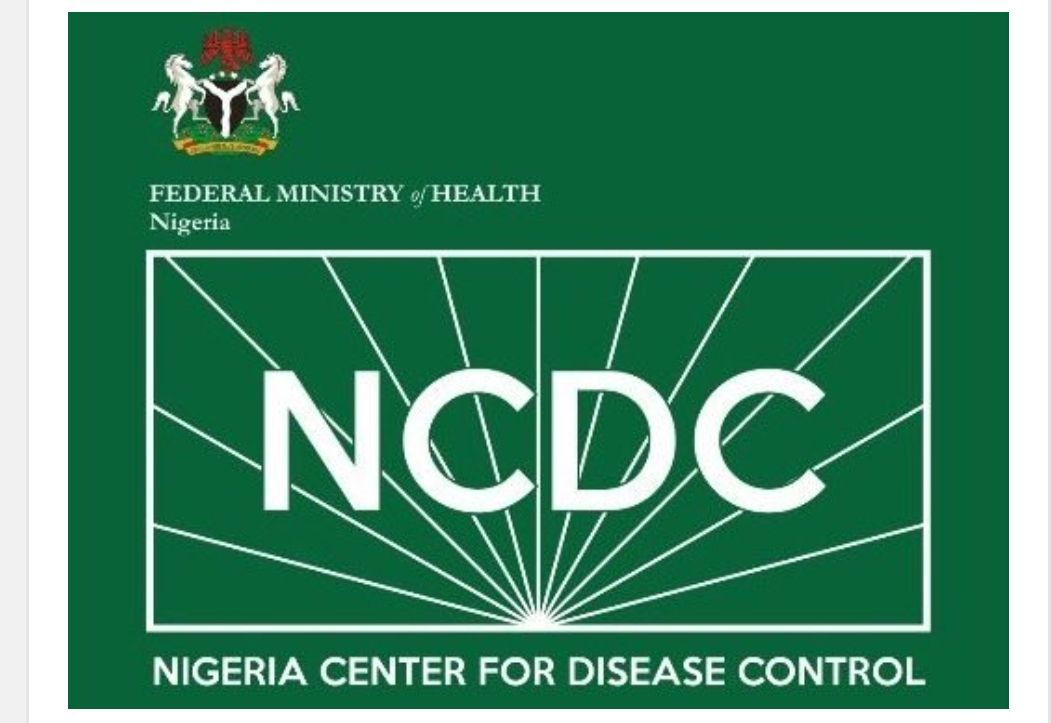
The Nigeria Centre for Disease Control and Prevention (NCDC) has recorded an alarming 14,237 cases of cholera across 35 states and the Federal Capital Territory as of October 13, 2024.
The outbreak, which has impacted 339 local government areas, has resulted in 378 deaths, with a case-fatality rate of 2.7%, according to the NCDC Director General, Dr. Jide Idris.
At a press briefing in Abuja, Dr. Idris emphasized that cholera remains a significant public health issue, particularly in regions with inadequate water, sanitation, and hygiene infrastructure. He noted that the current surge in cases is largely due to heavy rains and subsequent flooding, particularly in the northern states of Borno, Adamawa, Jigawa, Yobe, and Kano, which have become the epicenters of the outbreak. Earlier in the year, the outbreak was concentrated in the southern states as the rainy season began.
Dr. Idris highlighted the vulnerability of children under five, who have been disproportionately affected by the outbreak, and noted that the number of cholera cases has more than doubled compared to the same period last year.
The NCDC has mobilized rapid response teams to the hardest-hit areas, working with health ministries and stakeholders to control the spread of the disease. High-level advocacy visits have also been conducted to states such as Borno to engage with health leadership and offer support to flood-displaced communities. In partnership with the National Primary Health Care Development Agency (NPHCDA), the NCDC has implemented reactive cholera vaccinations in internally displaced persons camps, significantly reducing reported cases.
In addition to cholera, Dr. Idris revealed that confirmed cases of Mpox in Nigeria have risen to 102 across 26 states and the FCT, up from 94 previously reported.
The NCDC continues to urge Nigerians to maintain good personal hygiene, particularly regular hand washing with soap and water, and to seek immediate medical care for symptoms of cholera, including severe diarrhea and vomiting.
Dr. Idris reaffirmed the NCDC’s commitment to enhancing surveillance, providing prompt treatment, and improving sanitation practices in affected communities, stressing that cholera is preventable with concerted efforts



